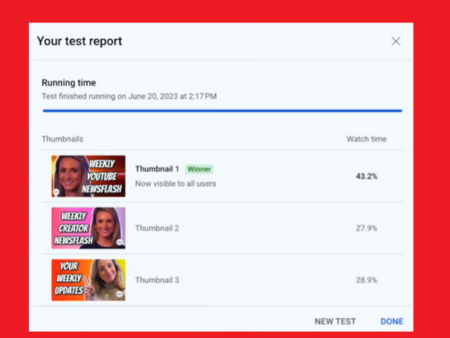Tough times at Meta, with the company reporting a decline in monthly active Facebook users, and a further slowdown in revenue, as global economic trends continue to impact the company’s overall performance.
First off, on usage – Facebook is currently seeing 1.97 billion daily active users, a slight increase on last quarter.

The increases were almost entirely driven by the Asia Pacific market, with Facebook continuing to grow in India and Indonesia specifically. Though Facebook usage has continued to decline in Europe, this time in a significant way.
Part of that would obviously be attributed to Russia, where Facebook is facing restrictions due to Government censorship around the invasion of Ukraine. Facebook has 70 million Russian users, and with this in mind, it’s probably surprising that the decrease hasn’t been more significant in this region.
But then again, Facebook’s monthly active user counts look even worse.

As you can see, Facebook lost two million MAU overall in the period, with, again, European losses being the most significant.
The Russian invasion likely explains much of this, so it may not be as big a deal as it seems, while Facebook has continued to see growth in every other market, if slight in some.
As such, it’s difficult to say what the figures mean, in a broader growth context, given the surrounding environment, and impacts around the world.
Meta has also provided its ‘family of apps’ usage, which incorporates Facebook, WhatsApp, Messenger and Instagram.

As you can see here, overall, Meta’s still growing, up just slightly on the last period.
Again, the broader impacts of Russia’s war on Ukraine are a big factor, so it’s hard to take anything definitive from this. But the conflict also doesn’t appear to be easing, and that will continue to have various market impacts – aside from the horrendous human toll – moving forward.
In terms of revenue, Meta brought in $28.82 billion for the quarter, versus market expectations of $28.94 billion.

Again, Europe is where Meta is seeing the biggest impact – which makes perfect sense, of course, but is still a challenge for Meta to deal with.
Meta attributes the slowdown to weaker advertising demand driven by ‘broader macroeconomic uncertainty’, while it’s also seen lower sales of its VR headsets, impacted by production delays, rising costs, etc.

Just this week, Meta announced an increase in the price of its flagship Quest 2 VR headset, which is a big deal considering that Meta needs to get more headsets into more homes to realize its metaverse vision. We’re also heading into the holiday season, when it’s most likely to see a sales jump. That could make it a particularly impactful change, which could have knock-on effects for the company’s broader plans for the next stage.
Though it’s probably this chart that will be the most discussed from Meta’s latest results:

Meta’s overall income – i.e. the money that it’s taking in after costs – is at the lowest level it’s been for two years.
That provides more context as to why the company is now embarking on cost-cutting measures, and why CEO Mark Zuckerberg recently told staff that many of them ‘shouldn’t be here’.
Meta’s staff headcount jumped from 59k in 2020, to 72k a year later, as part of its increasing push into the metaverse, and expanding its global footprint. That drive, given the shifting economic landscape, has proven ultimately too aggressive, and has since seen Meta abandon projects like its own smartwatch, consumer Portal devices and social audio projects, while also slashing investment in original content and its Bulletin newsletter offering.
It seems like Meta is too big to fail, but the chart above provides true scope as to how much its metaverse investment is costing – which could ultimately pay-off, if Meta becomes the engagement platform of the next generation, for a broad range of options. But the risk is also clear, and Meta will need to tread more carefully moving forward.
Which could be difficult, with Zuckerberg also committed to ‘going for it’ in regards to the metaverse shift, and guiding the future of digital interaction. This week, Zuckerberg told staff that Meta is in a ‘philosophical competition’ with Apple to build the metaverse, with the two tech giants on course to clash over what comes next.
“This is a competition of philosophies and ideas, where they believe that by doing everything themselves and tightly integrating that they build a better consumer experience, and we believe that there is a lot to be done in specialization across different companies, and [that] will allow a much larger ecosystem to exist.”
In order to come out on top, Meta will need to keep pumping money in, while its ad revenue likely continues to decline, at least in the immediate term.
It’s a difficult sell for the company, which now needs to face up to shareholders and explain the grand vision once again.
The message will be that this is the right path, that it has to stay the course – that it can’t allow another company to push in and own the metaverse space.
How that’s received could have a big impact on the platform’s continual expansion, which will also influence ad display, user experience, and opportunities.













